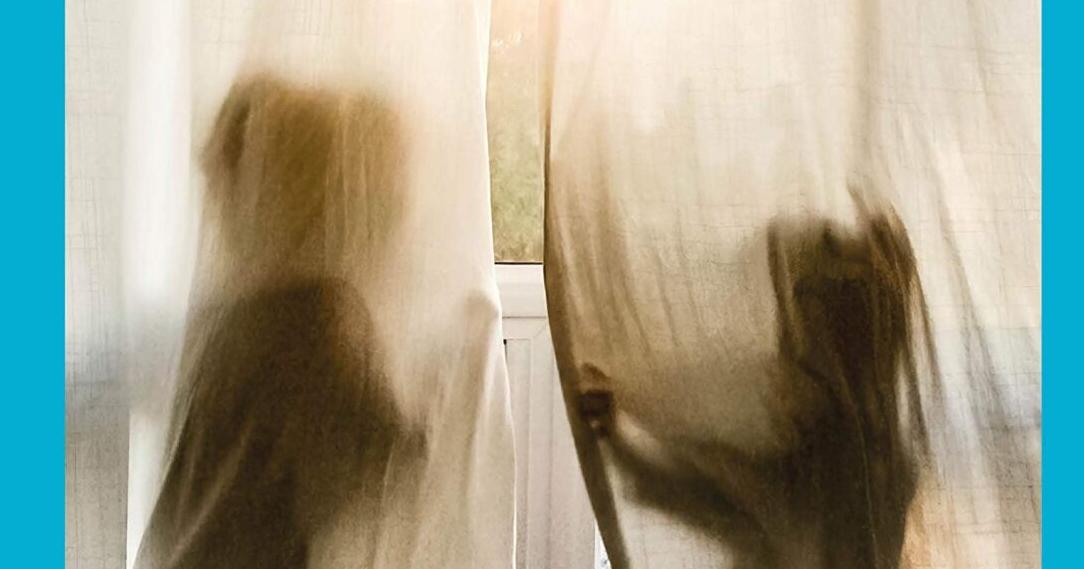
A pandemic’s gotta be good for something, right? So why not a story? There’s the setting for a dystopian present, a landscape littered with discarded masks and gutted of people except for the sorry junkies waiting outside the methadone clinic. Enter the nameless guy prowling the empty streets of Dublin in Roddy Doyle’s new collection of stories, Life Without Children. Indeed, the nameless wanderer is without children, in one definition deployed in the book: He’s searching for the son he drove off four years earlier, when the boy was 17, and asking after his maybe-crazy missing mother, whose whereabouts also remain unknown.
All these months later, it’s easy to forget the extent of those early lockdowns; in Dublin, for instance, travel was restricted to five kilometers. Our man saw “the streets empty, no one at all on them. And he thought to himself, I’ll find him now. ... The COVID had cleared the path for him. It would be now or maybe never.” You might wonder, if there’s no one about, wouldn’t the boy be tucked away too? Don’t be so literal. We’re in allegorical territory here — “It was a pilgrimage he was on” — and on his way the pilgrim encounters, along with kindly junkies, a helpful cashier at a kiosk, a generous deliveryman, a precocious child offering wise advice, all while becoming more and more hungry and tired and sore. “He had to punish himself for the lost time,” the narrator explains. “He’d crawl through the town if he had to.”
Elsewhere the pandemic sets the stage for more mundane reckonings, as distractions and options are stripped away and, say, a couple is forced to see what may have been missing from their marriage for years. Or a man defined by decades of fatherhood must rethink himself now that fatherhood is no longer his salient feature. Or, in a complex and moving turn, a husband set adrift by aging has to find the wherewithal to see his wife through whatever ails her, even though “he doesn’t know what’s wrong with her. That’s the problem — that’s his problem. She’s told him. He’s listened. But he can’t hear. He hasn’t been able to grab hold of words.”
Doyle packs a long marriage into this story and folds a whole lifetime into the marriage as Mick, the husband, hunting under the bed for his phone, encounters an espadrille, which takes him back to Majorca, “their first child-free holiday since the honeymoon,” where he, for the first time, tells the true and awful story of his childhood to Mary, his wife. “These years, she said that night. — You told all the funny stories about your family.
“— They were funny,” said Mick.
“— Some of them, she said. — But — like. I always thought you just had a big family.
“— I did have a big family.
“— Mick, she said. — You didn’t have a family at all.”
Then, via the funny stories Mick has told, we get a picture of the family that he and Mary constructed. Which takes us back to the present, and to Mick waiting, now ready, for Mary’s news. And it says something about the story’s richness and intricacies that, for all I’ve just told you, I’ve given nothing away.
As in his Booker Prize-winning novel Paddy Clarke Ha Ha Ha, narrated by a 10-year-old, Doyle’s brilliance probably shines brightest in life with children — which may give added poignancy to these lives from which children are missing, lost, or launched. But Doyle’s other extravagant gift, a way with speech, does have its moments here, often in significant exchanges recalled but more generally in the conversational knack of the narration — whether it’s a character telling his own story (or, in one case, two characters telling alternating, and sometimes conflicting, versions) or a third-person narrator approximating a character’s point of view.
Again, the pandemic provides an opening. In the lockdown quiet, “in the early days of the Corona,” Joe, an older man, begins hearing songs. “Not like a thought, but lower, at ear level, as if he was actually hearing the thing.” As they multiply, old songs attached to certain tasks, he wonders whether he’s “making a compilation of his life, an earworm autobiography.” When his wife starts her own list, he resists, proprietary. But then something happens. “He could feel it — he knew it. She understood him. She got him. Thirty-four years after they’d met. And he got her — he thought. He hoped.”
In isolation, a couple might see, really see, one another for the first time in years. In an empty street, movement looms meaningfully large. In the silence a new sound is telling. “The zip on a body bag. It’s not like any zip she’s heard before. It was her first time hearing one, today, and watching the zip close over the chest, the face. ... The rasp of the zip, like it was being pulled through wood — it’s the last thing she’ll hear when she closes her eyes.”
"story" - Google News
March 04, 2022 at 07:00PM
https://ift.tt/a1MDFhe
In 'Life Without Children: Stories,' coronavirus sets plots in motion - Santa Fe New Mexican
"story" - Google News
https://ift.tt/WP5OofD
https://ift.tt/FnBg0JD
Bagikan Berita Ini














0 Response to "In 'Life Without Children: Stories,' coronavirus sets plots in motion - Santa Fe New Mexican"
Post a Comment